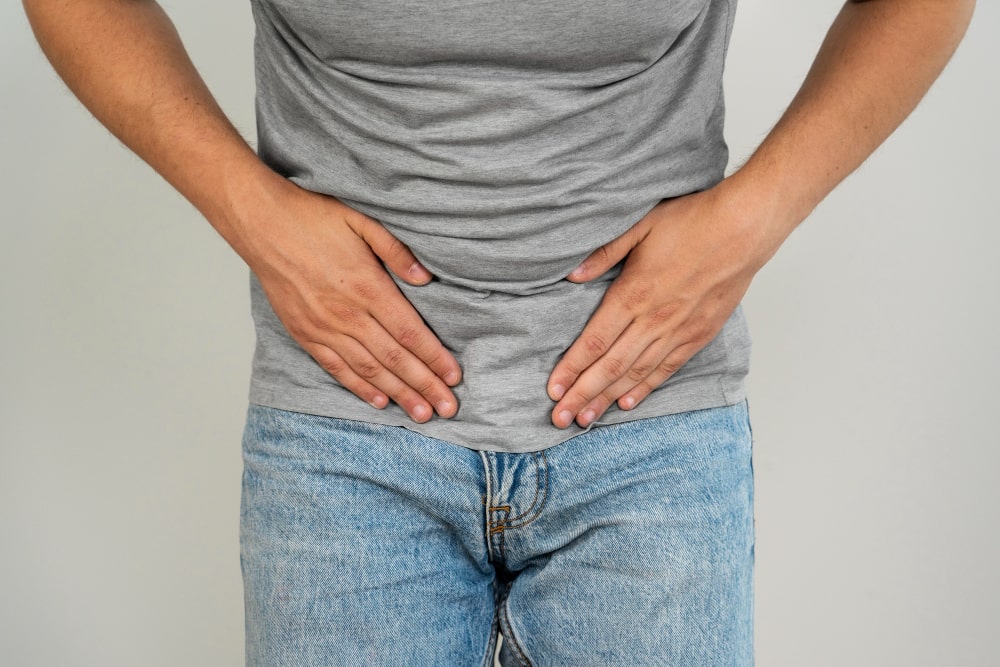
Anal Fissures are painful cuts in the tissue that lines the anus. While they can often heal on their own, many people experience recurrence after an initial healing process. To help avoid this, there are a few steps you can take to reduce your risk of developing anal fissures again.
1. Follow Good Hygiene Habits
Cleanse the area regularly using mild soap and warm water, and always be sure to thoroughly dry the area post-cleansing. It’s important to pay extra attention when cleaning after a bowel movement, as this can help eliminate irritants (such as fecal matter) that may cause discomfort or lead to infection.
2. Increase Fiber Intake
Increasing your daily intake of dietary fiber can help soften stools and make them easier to pass, thus reducing the amount of strain placed on the anal area. Try adding more fruits, vegetables, and whole grains to your diet for an extra boost of dietary fiber.
3. Take Sitz Baths
A sitz bath is a type of hydrotherapy that involves sitting in warm water up to the hips for 10-20 minutes. This can help reduce pain, itching, and irritation in the anal area, as well as decrease inflammation of any existing fissures. Aim to take a sitz bath at least once or twice a day to get the most out of this practice.
4. Avoid Straining During Bowel Movements
Straining during a bowel movement can increase your risk of anal fissure recurrence. To avoid this, be sure to go when you feel the urge and take your time in the bathroom. If constipation is a common issue for you, try drinking more fluids or adding fiber-rich foods to your diet as discussed earlier.
5. Avoid Excessive Wiping
Wiping the anal area excessively after a bowel movement can increase your risk of anal fissure recurrence. To avoid this, only use soft toilet paper and be sure to pat the area dry rather than rubbing or scrubbing.
6. Manage Stress Levels
Stress can cause muscle tension and make it difficult to control your bowel movements. Try incorporating methods of stress management into your daily routine, such as yoga, meditation, or journaling, in order to reduce stress levels.
7. Avoid Constipation Medications
While these medications may seem like a good option for those dealing with constipation, they can actually make anal fissures worse by further drying out the stool. It’s best to focus on lifestyle changes such as increasing fiber intake and exercising regularly in order to address constipation-related issues.
8. Know Your Medication
Some medications may increase the risk of developing or aggravating an anal fissure. Be sure to review the list of possible side effects for any medications you’re taking and speak with your doctor about any concerns you may have.
9. See a Doctor If Symptoms Persist
If you experience any symptoms that persist after trying the above recommendations, be sure to see a doctor as soon as possible. A doctor can provide advice on how to manage your symptoms and help you get back on the path to recovery.
Following these tips should help reduce your chances of having an anal fissure recurrence. While it’s important to be aware of potential risks, it’s also essential to remember that anal fissures can be effectively treated with the right medical care and lifestyle changes.
